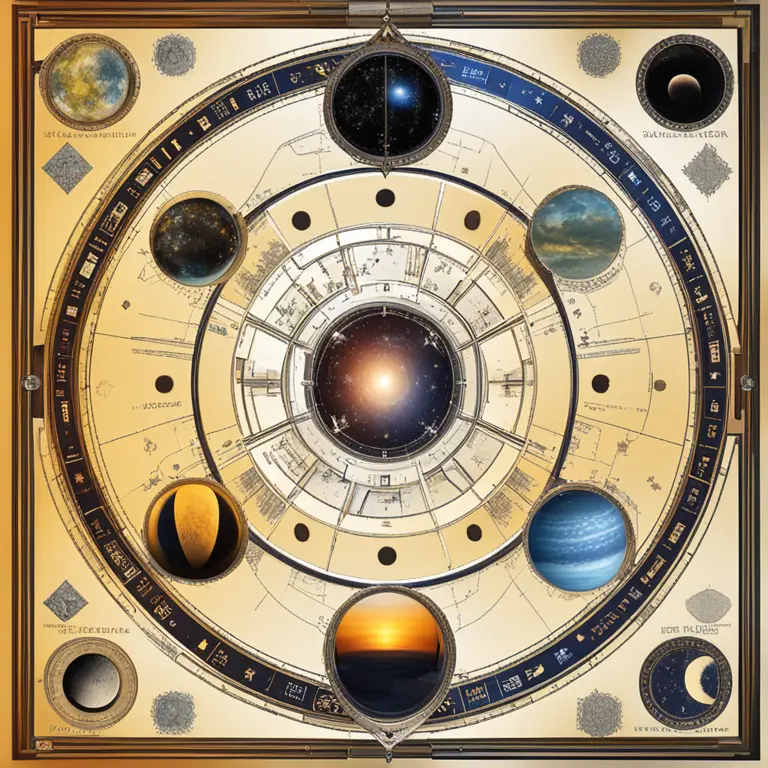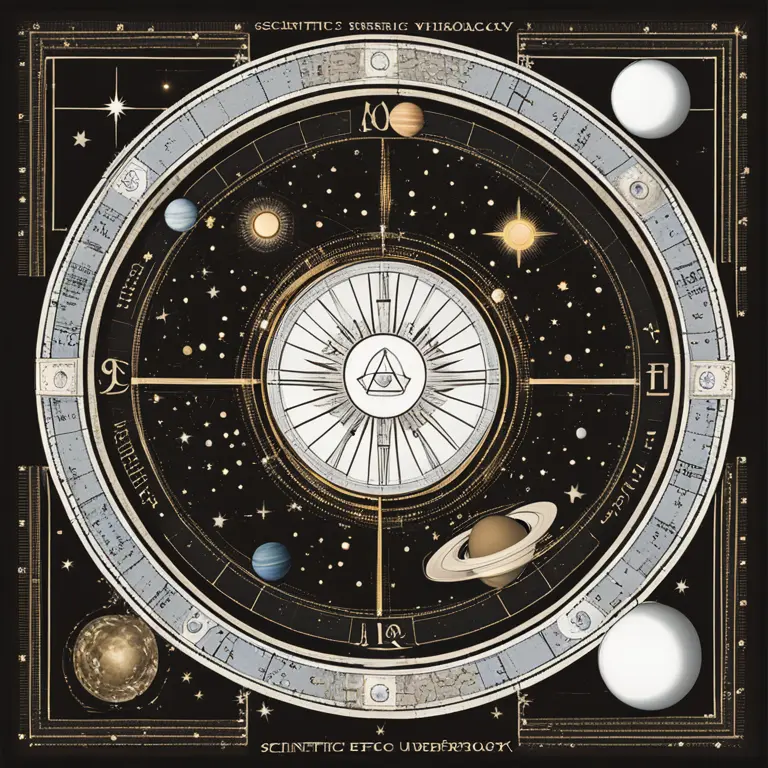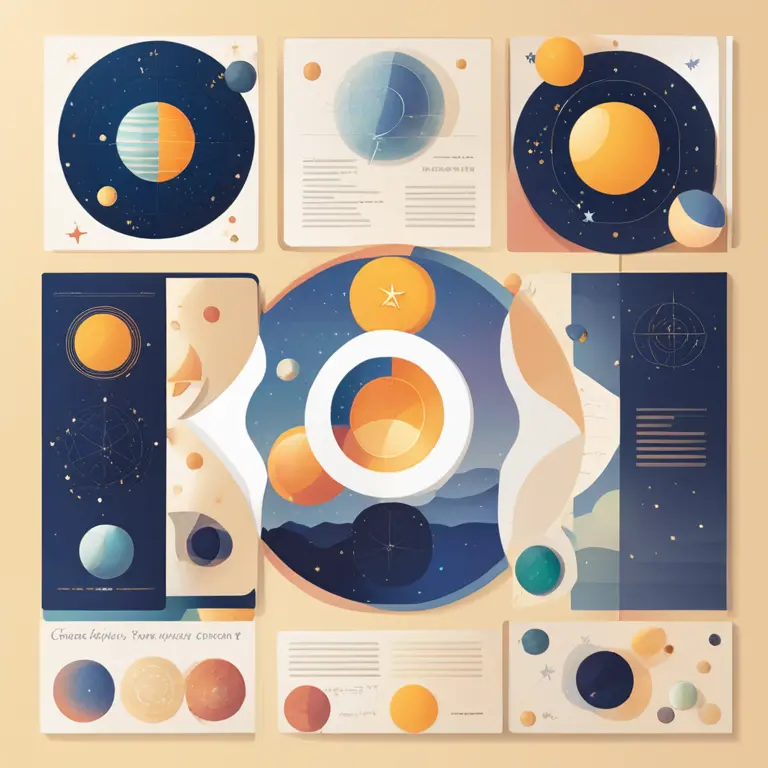
The Status of Astrology as a Scientific Discipline
Examining the intellectual rigor and systemic methodologies that argue for astrology's classification as a science in the modern world.
article by Priya Deshmukh
Astrology's Methodical Approach
Many assume that astrology sits apart from the scientific realm, operating more as art or mysticism than empirical science. However, when we delve into its core principles, astrology offers a methodical approach that resonates with scientific inquiry. Central to astrology is the collection and analysis of data—positions of celestial bodies correlating with human traits and events. Astrologers, like scientists, formulate hypotheses about these correlations and subsequently observe patterns to support their claims. In this way, astrologers commit to a systematic study, akin to empirical sciences, examining the intricate interplay of cosmic movements and terrestrial life.

Scientific Underpinnings in Astrology
The foundation of astrology rests upon astronomical observations, a branch of physics that unquestionably secures its place within the scientific community. Astrology extends beyond mere observation into the realm of interpretation, contemplating the influence of celestial entities on human affairs. Critics often cite this interpretative aspect as a leap away from scientific rigor. However, as our understanding of the universe expands, so too does our recognition that even in traditional sciences, interpretation is a key component of the method. Astrologers employ predictive models and refine them over time, akin to the procedures in various natural and social sciences.

Empirical Evidence and Reproducibility
Science values empirical evidence and the reproducibility of results. Astrologers have amassed a rich repository of astrological data over millennia, documented in texts and empirical studies. Contemporary astrology leverages technological advancements, like software for precise astronomical calculations, to improve reproducibility. While individual interpretations of astrological charts may vary, the underlying data and planetary positions remain consistent and reproducible for a given time and location—a criterion that resonates with the scientific demand for verifiable data.

Technological Integration and Modernization
In recent years, astrology has seen unparalleled integration with modern technology. From high-precision astronomy software to birth chart calculation apps and online repositories, technology reinforces astrology's claim to systematic, verifiable practice. Futuristic projects, which aim to correlate life events with astrological data using machine learning algorithms, stand on the horizon for 2024 and beyond. These initiatives mirror the endeavors in scientific fields, where big data and AI play pivotal roles in deciphering complex patterns and contributing to empirical knowledge.
Statistical Analysis in Astrological Research
The harnessing of statistical analysis is another bridge linking astrology with science. Astrologers increasingly utilize statistics to discern meaningful correlations from coincidental ones, similar to the methodologies in psychology and sociology. These analyses aim to elevate the validity of astrological predictions, pursuing a more rigorous and quantifiable means of substantiating the field. As part of an ongoing scientific dialogue, astrologers invite scrutiny and peer review, hoping to refine their work through critical feedback and contribute toward an integrative understanding.
Professional Standards and Education
Lending further credence to astrology's scientific nature is the formal education and professional standards emerging within this field. Universities across the globe now offer courses in astrology, harmonizing it with academic structures. Professional associations exist to certify astrologers, advocating ethical practices and continual learning reminiscent of certifications for scientific practitioners. These efforts to institutionalize astrology forge a pathway toward official recognition, challenging naysayers to reconsider its placement in the spectrum of scientific disciplines.
Redefining Science in a Multidisciplinary World
Finally, as we step further into the future, the very definition of science is expanding to encompass multidisciplinary approaches. Astrology, with its unique juxtaposition of mathematics, astronomy, psychology, and sociology, offers a multidimensional perspective on human existence. By promoting a holistic understanding, astrology arguably serves as a template for future scientific models that embrace complexity and interconnectivity, moving beyond traditional, reductionist paradigms.
Published: 2/13/2024
Modified: 2/13/2024
More predictions
Come back here soon to learn more about yourself and your future


The Fusion of Tarot and Horoscope Insights
Discover how tarot horoscope provides personalized guidance by blending the wisdom of the stars with the intuition of tarot.


The Tarot's Queen of Pentacles: A Guide to Practical Wisdom
Delve into the significance of the Tarot's Queen of Pentacles and discover how this card symbolizes nurturing abundance and material mastery in readings.


The Essential Tarot Card Meanings Guide with Images
Discover the meanings behind the mystical tarot cards with our comprehensive guide, complete with vivid imagery to enhance your understanding of each card's symbolism.